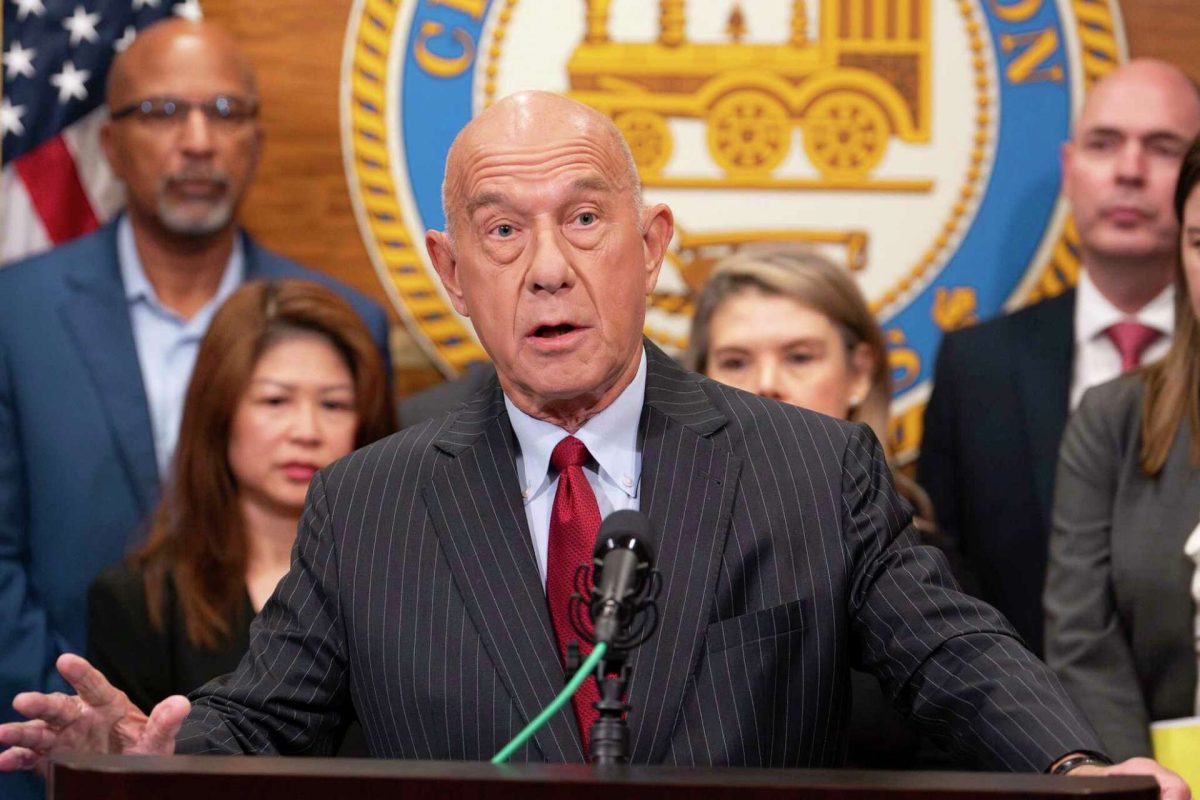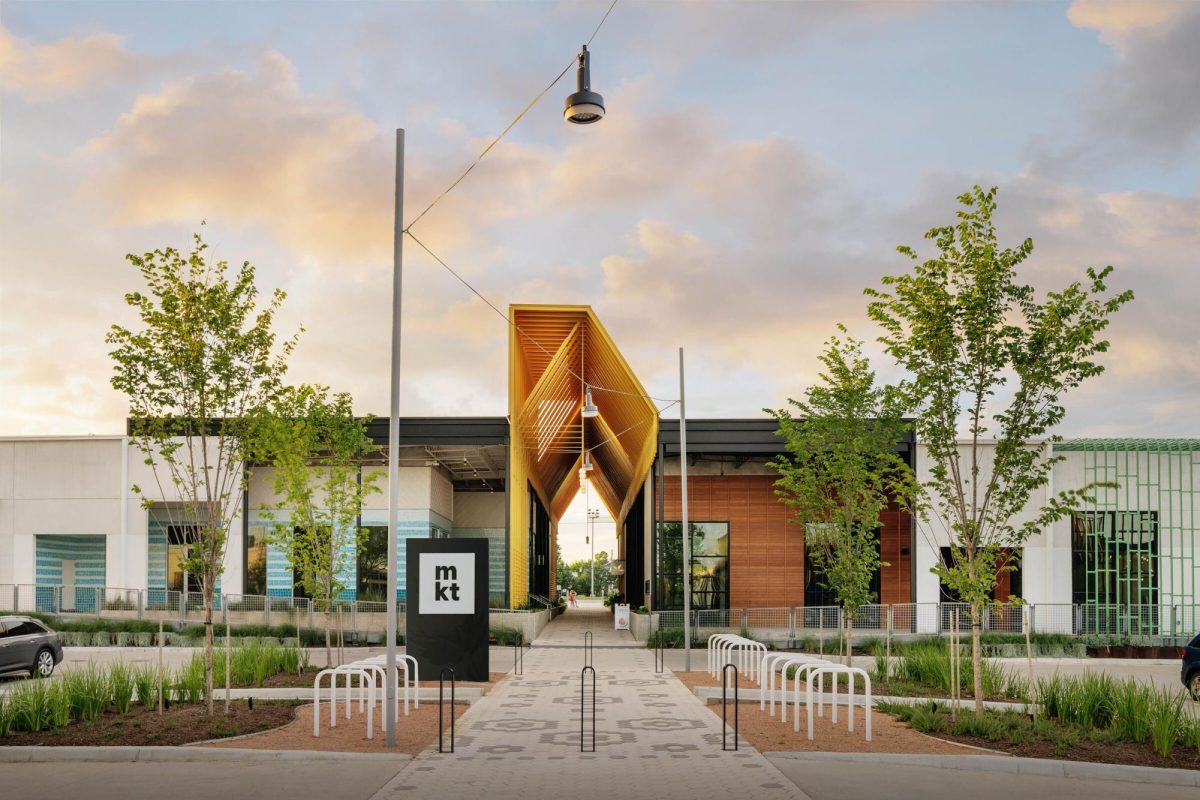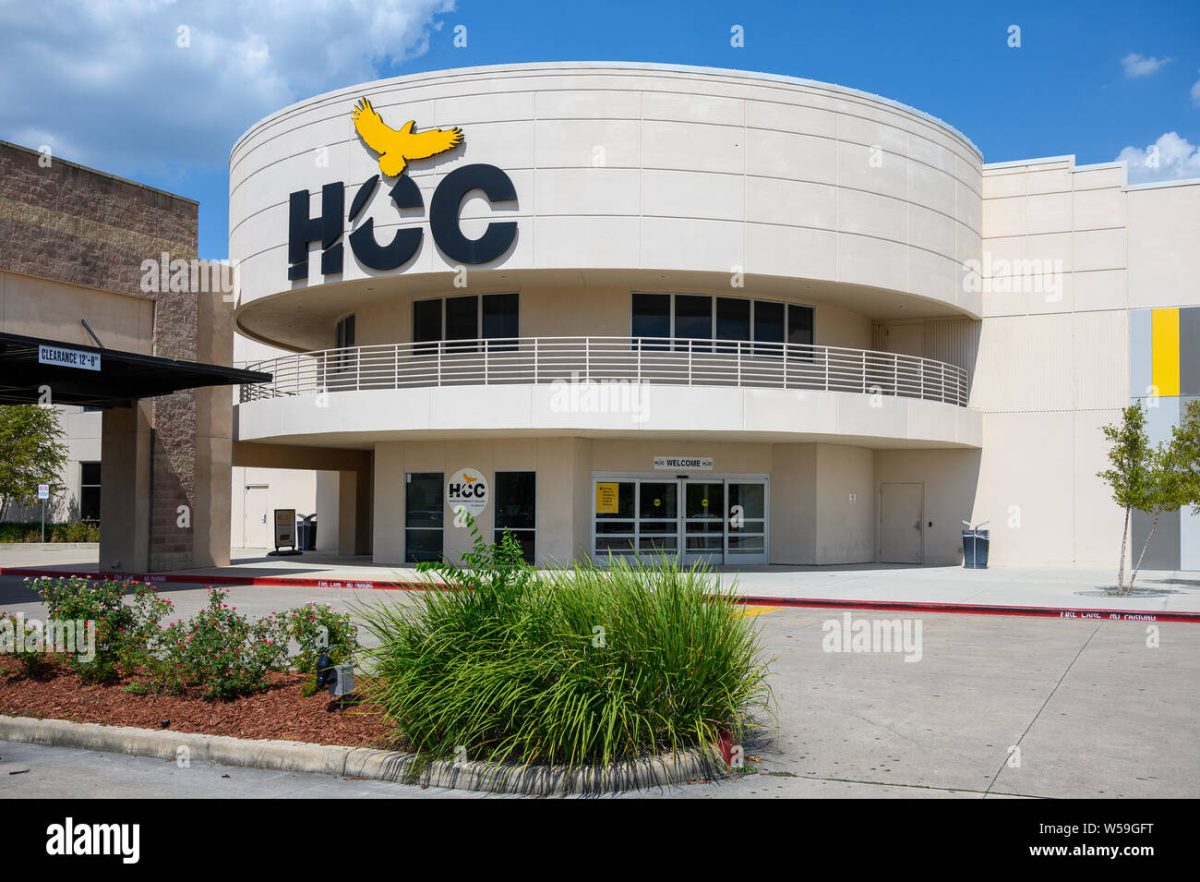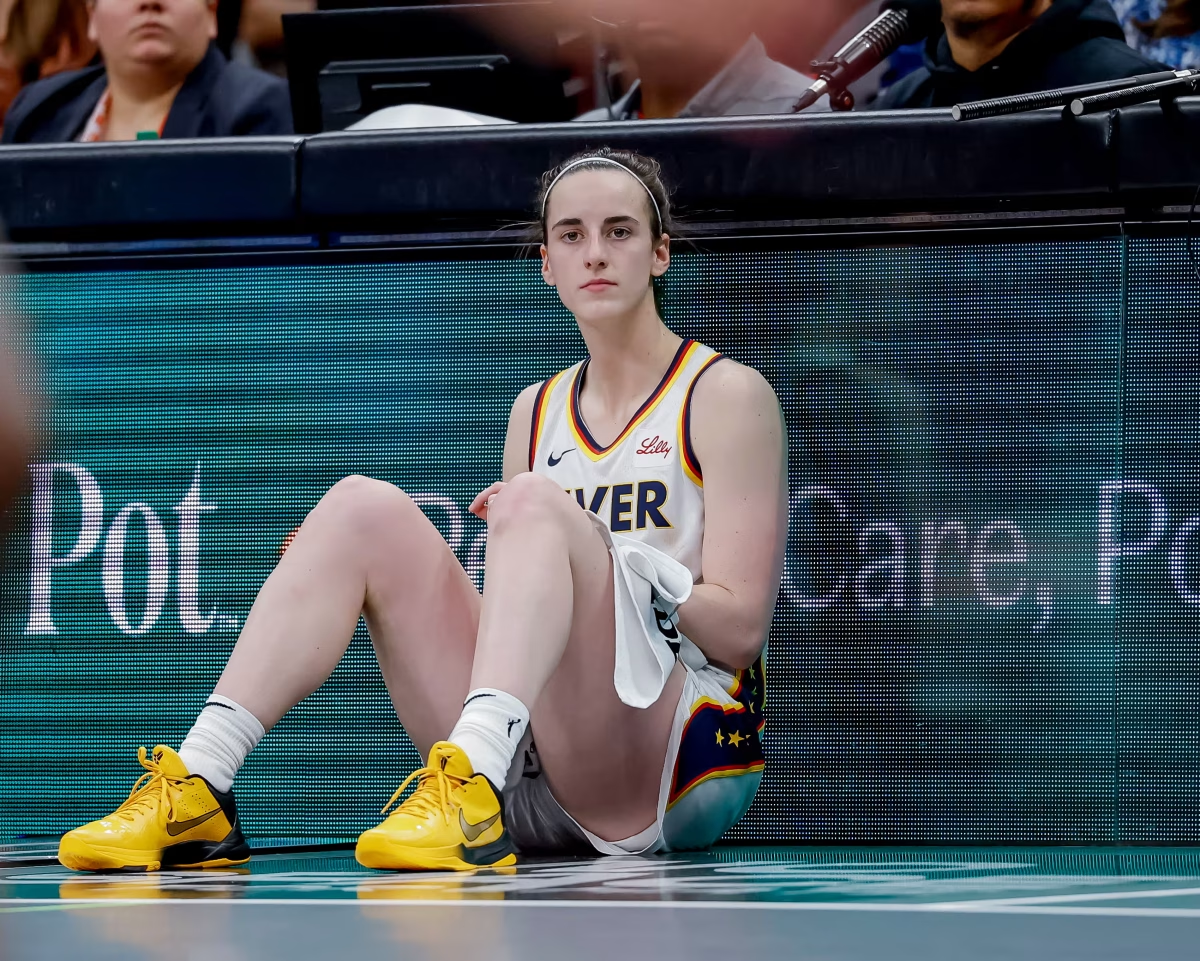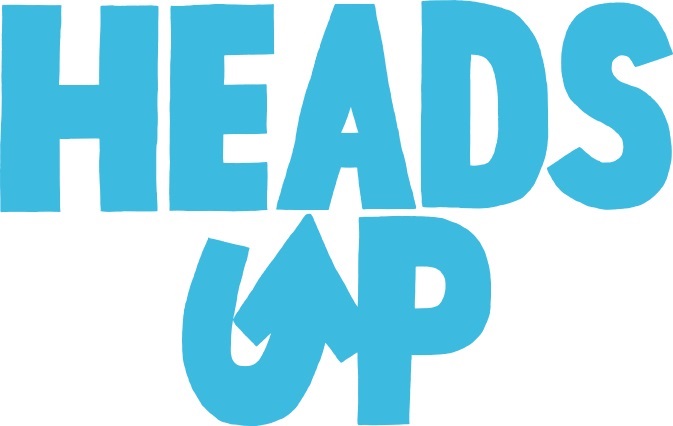Heads Up America: here comes free college
April 21, 2016
It’s no secret that in the twenty-first century, a high school diploma is no longer enough to gain a living wage for a decent quality of life.
Over 110 thousand people have signed up with HeadsUpAmerica.us, saying that they want community college to be free for anyone willing to work for it.
Heads Up America is part of the College Promise Campaign, a national, nonpartisan, local and state-led initiative to build support for free community college education for all responsible students. Just as every American can and is expected to attend high school for free and earn a high school diploma, the idea is that every American should have the opportunity to earn a college credential.
The campaign encourages and supports efforts for the first two years of college education being tuition and debt-free. It also supports greater state and federal investment in higher education in general.
More than 40 percent of all undergraduates in the U.S. attend one of the more than 1,100 community colleges throughout the country. More than a third of community college students are the first in their family to go to college.
According to a 2014 report from Georgetown University’s Public Policy Institute, by 2020—four short years away—more than three in five jobs will require some form of education beyond high school. At these projections, the U.S. will be short 5 million postsecondary educated workers by 2020. Only 40 percent of U.S. adults are adequately prepared for today’s workforce.
In his 2014 state of the Union address, President Obama announced that his budget would include a “bold new plan to lower the cost of community college—to zero.”
“Some are young and starting out. Some are older and looking for a better job. Some are veterans and single parents trying to transition back into the job market,” Obama pointed out, “Whoever you are, this plan is your chance to graduate ready for the new economy, without a load of debt.”
After the high-profile announcement of college for all in the 2014 State of the Union address, there has been enthusiasm for the idea at the national level, but currently the prospects of a national-level program aren’t looking favorable.
However, at more than twenty-four programs local have launched after the president’s announcement, and at least 17 other states have proposed legislation.
The program is projected to cost about $60 billion over ten years. The president’s plan called for closing tax loopholes to pay for it. Communities in Chicago, Delaware, and Tennessee have each come up with their own plans to fund it.
Over 9 million students would benefit from America’s College Promise program. This could save a full-time community college student $3,800 per year.
In Texas, the state legislature does not look promising. “But there are some great prospects for local and city based programs in Texas,” says Matt Caffrey, a Heads Up America Field Director.
“There is definitely some good student support in Houston. We believe the movement will be most successful when students take the lead,” added Caffrey, “Students are really powerful in this whole movement for free community college, so we really want to empower students to do more.” Students can volunteer to be student leaders on the HeadsUpAmerica.us website.
The movement aims to be non-partisan. While President Obama helped launch Heads Up America and Dr. Jill Biden, the wife of Vice President Joe Biden, serves as the Honorary Chair of the College Promise Advisory Board, former Republican Governor of Wyoming James “Jim” Geringer also serves on the board. From CEOs, to non-profits chairs, to labor movements all serve on the group’s Advisory Board.
The first state that embraced the College Promise campaign is Tennessee, which has a Republican governor. It was viewed as a workforce development issue.
The Tennessee Promise program allows high school seniors to apply for the promise scholarship, which provides two years of tuition-free attendance at a community or technical college in the state. It provides scholarships which will cover tuition and fees not covered by a Pell grant or other assistance programs. Mandatory mentor meetings give students in the program assistance in navigating the college admissions process. Students must also complete eight hours of community service every semester and maintain a 2.0 GPA.
About 81 percent of Tennessee college promise students who were enrolled in the fall have re-enrolled in this spring, a remarkable persistence rate for a community college.
Caffrey explained that they are “focused on building support across the country and helping similar programs launch in cities and states and communities across the country, because that’s where we think we can really make some progress.”





